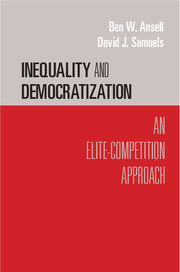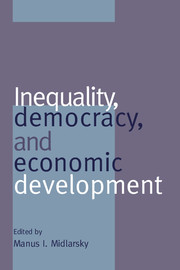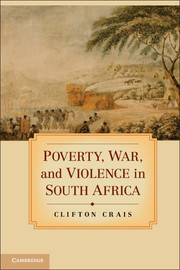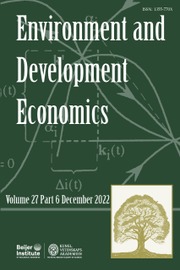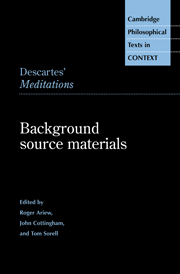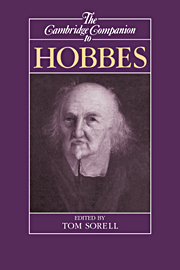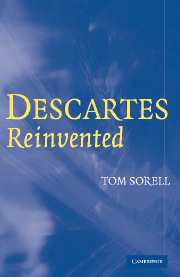Microfinance, Rights and Global Justice
Microfinance - the practice of providing small loans to promote entrepreneurial activity among those with few financial assets - is increasingly seen as a sustainable means of aiding the global poor. Perhaps its most influential advocate, Nobel Laureate Muhammad Yunus, has claimed that there is a human right to microfinance, given its potential for poverty alleviation. This book directs critical philosophical attention at this very widely used and praised poverty-reducing measure. In chapters that discuss microfinance schemes and models around the world, internationally renowned contributors address important questions about both the positive impact of microfinance and cases of exploitation and repayment pressure. Exploring how far microfinance can or should be situated within broader concerns about justice, this volume sheds light on ethical issues that have so far received little systematic attention, and it advances discussion on new human rights, exploitation, and global justice.
- Focuses on ethical issues arising in microfinance and will appeal to readers across the spectrum of development studies and ethical theory
- Advances the increasingly integral debate about the creation of 'new human rights'
- Presents leading-edge thinking on what constitutes exploitation in the microfinance context
Reviews & endorsements
"Discussed in this volume are important moral issues arising with the spread of microfinance as a poverty alleviation tool. The authors debate whether there is a human right to microfinance and, if so, whether this is a new human right or a conceptual expansion of conventional ones. These debates are especially useful because they closely examine the actual practice of microfinance: whether interest rates are excessive, for instance, and whether indefensible pressure is put on participants in group finance schemes. The volume's rigorous and empirically informed normative analyses are important for scholars and students focused on severe poverty, development practice and global justice."
Thomas Pogge, Yale University
"Is microfinance morally desirable and, if so, why? How does microfinance score relative to other policy instruments at reducing poverty or at promoting access to credit? This volume traces a systematic and insightful path through the normative and empirical thicket of microfinance practices today. It contains important lessons for both political philosophers and policy makers."
Peter Dietsch, Université de Montréal
Product details
August 2015Hardback
9781107110977
212 pages
240 × 160 × 40 mm
1.2kg
2 b/w illus. 4 tables
Available
Table of Contents
- Introduction Tom Sorell
- 1. Credit is not a right John Gershman and Jonathan Morduch
- 2. Is there a human right to microfinance? Tom Sorell
- 3. Financial inclusion, education, and human rights Kimberly Brownlee and Zofia Stemplowska
- 4. Microfinance, non-ideal theory, and global distributive justice Daniel Butt
- 5. Microfinance, poverty relief, and political justice Miriam Ronzoni and Laura Valentini
- 6. Is exploitation permissible in microcredit? Lesley Sherratt
- 7. What's wrong with exorbitant interest rates on microloans? Joakim Sandberg
- 8. Tensions between financial and organisational sustainability: the problematic case of group-based microfinance and possible ways forward Ana Marr
- 9. Freedom and credit Mark Hannam.


